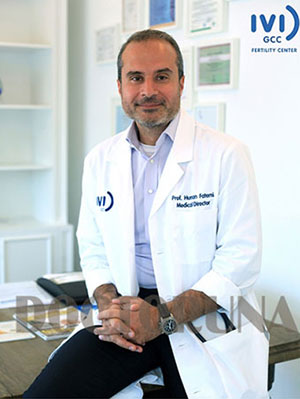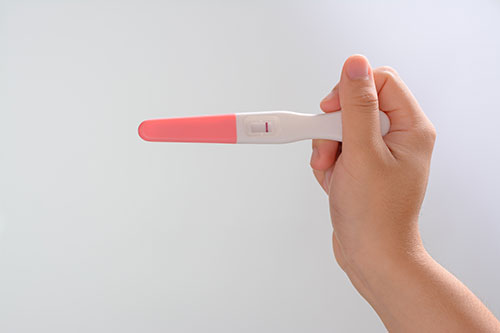Maternal age is one of the most important factors to help identify a woman’s odds of having a baby. However, a recent analysis of the patient demographics by IVI Middle East Fertility Clinic has revealed that the age group of 20 to 30 is also witnessing a surge in both male and female infertility factors. According to the Clinic, the average number from this group is almost 15 per cent of the total patient count, which is the second-highest.
“While lifestyle and eating habits are two critical factors that have led to an increase in infertility with the locals in the age group of 20 to 30, consanguinity is another very important reason for the increase in such cases amongst the Omani population,” said Prof. Dr. Human Fatemi, Subspecialist Reproductive Medicine & Reproductive Surgery, Medical Director, IVI Middle East Fertility Clinic.
Reiterating that Omani families are facing increasing incidences of infertility, Dr. Frank Ruiz, Specialist, IVF, IVI Fertility Muscat, commented: “In females, parental consanguinity leads to a low ovarian reserve and due to rare sun exposure of the skin, Vitamin D deficiency is very common. Other factors are unhealthy diets and diabetes. Similarly, male infertility is related to obesity, excessive smoking, possible steroid consumption for bodybuilding and largely consanguinity.”
Changes in the marriage age have also contributed to infertility. Until the last few decades, women throughout the region typically married while still in their teens or in their early 20s. However, with changing times, women are giving more importance to their careers and delaying childbearing, which is also a contributing factor to rising infertility, the Clinic maintains.
It is to be noted that a woman’s age is one of the most important factors determining her chance of pregnancy and a healthy birth because, with age, the quality and quantity of her eggs decrease over time, and the likelihood of miscarriages and birth defects increases. A study of the existing consultations at IVI clinics also shows that if a woman has healthy pregnancies in her 20s or early 30s, it does not mean that her attempt to have another child in her later 30s or 40s will be successful. She may face complications once she touches 35 or more, as the chances of her conceiving naturally are halved compared to her chance in her twenties.
With infertility becoming a common issue amongst Omani men and women, IVI Middle East Fertility Clinic is offering breakthrough medical treatments designed to address the growing fertility issues facing many couples today – both young and not so young.


